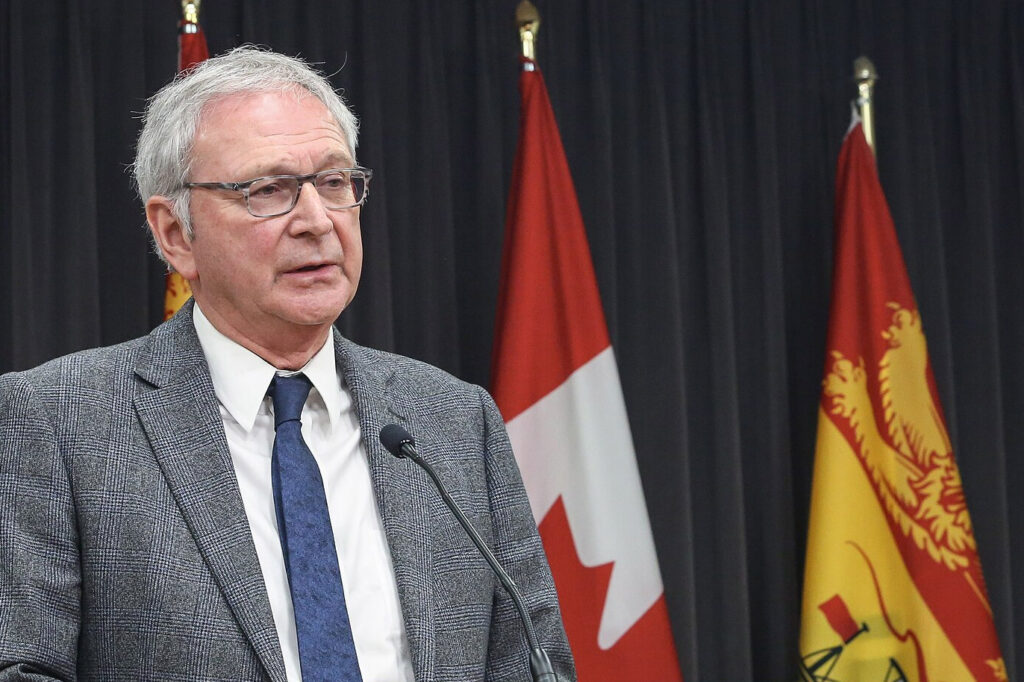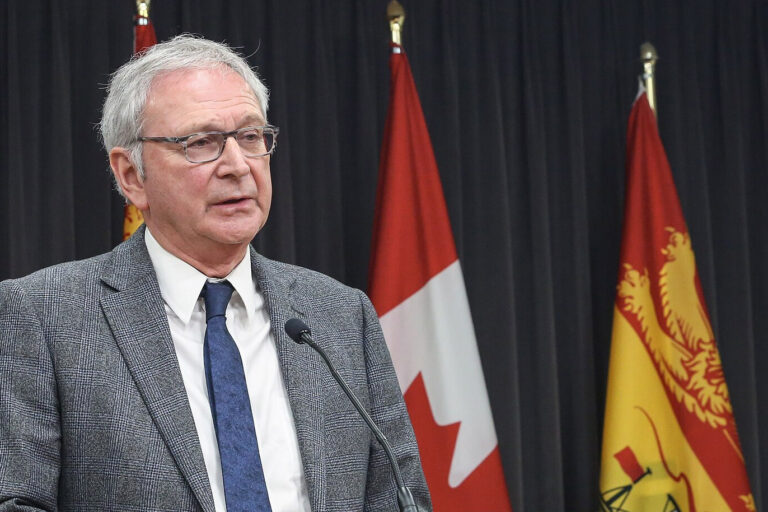New Brunswick Policy 713 addresses gender identity at school
On August 17, 2020, the Government of New Brunswick created Policy 713, prohibiting teachers from informing parents that their child had adopted a new name or pronouns at school unless the children consented to the disclosure.
Later, on June 8, 2023, the government reversed course, amending the policy to require schools to notify parents before formal changes could be made to the names or pronouns of students under age 16. “Formal” refers to the use of names and pronouns in the classroom and in school records.
The change to Policy 713 caused a firestorm of criticism and media coverage. The policy was the first of its kind in Canada to support parental rights on this issue.
Canadian Civil Liberties Association launches constitutional challenge against New Brunswick
Unfortunately, the Canadian Civil Liberties Association (CCLA) brought a constitutional challenge against New Brunswick in September 2023, arguing that the policy violates students’ rights to freedom of expression, equality, and life, liberty, and security of the person.
Justice Centre President John Carpay disagrees with the CCLA position that children possess some kind of Charter right to keep parents in the dark about their identities at school, noting that “[t]he Supreme Court of Canada explained in B.(R.) v. Children’s Aid Society of Metropolitan Toronto that the parental interest in bringing up, nurturing and caring for a child, including medical care and moral upbringing, is an individual interest of fundamental importance to our society.”
Gender Dysphoria Alliance and Our Duty Canada present evidence to New Brunswick court
In May 2024, our lawyers helped two groups gain intervenor status as parties in this court action: Gender Dysphoria Alliance and Our Duty Canada. As intervenors, they now have the right to present their evidence to the court. (“Intervenor status” refers to the legal right of a non-party to participate in a legal proceeding by, for example, providing evidence to the court.) These groups bring informed, evidence-based support to individuals with gender dysphoria and to families with children experiencing gender dysphoria. We are providing legal representation to both groups, who seek to uphold the right of children to the informed care and protection of their parents, and the right and responsibility of parents to guide their children.
Both groups seek to uphold the constitutionality of the amended Policy 713.
Gender Dysphoria Alliance and Our Duty Canada submitted the following testimonies as evidence:
- The written testimony of a New Brunswick mother whose child underwent a social transition in school. The mother was not informed of that transition;
- The written testimony of a young woman from Alberta who began to adopt new pronouns at school without her parents’ knowledge; she ultimately reversed course (detransitioned) after her parents became aware of her situation and were able to assist her;
- The written testimony of the young woman’s father.
Our lawyers will continue to assist in this presentation of evidence.
Karin Litzcke of Our Duty Canada stated, “[Our] members are pleased to have an opportunity to contribute to the development of jurisprudence in this area. What has happened to us could happen to any parents under policies that promote secrecy from families. We are grateful to the Justice Centre for its assistance in advocating for the interests of children and parents in court.”
Speaking on behalf of Gender Dysphoria Alliance, Aaron Kimberly said, “The Gender Dysphoria Alliance is pleased with the decision to grant us intervention status in this case. We believe New Brunswick’s policy is an important safeguarding measure for children experiencing gender incongruence, since we know that most kids with this experience turn out to be gay or lesbian, not trans. Prematurely labelling kids “trans” and socially transitioning them is a psychosocial intervention that risks putting pre-gay kids onto an unnecessary medical pathway.”
Hatim Kheir, lawyer for both groups, says, “The Supreme Court has affirmed that parents in Canada have the right to guide the moral upbringing of their children. This case provides an opportunity for the Court to apply those rights to issues surrounding gender which are becoming increasingly relevant in our society.”
On October 7, 2024, it was announced that the case will be in court March 17-25, 2025.



